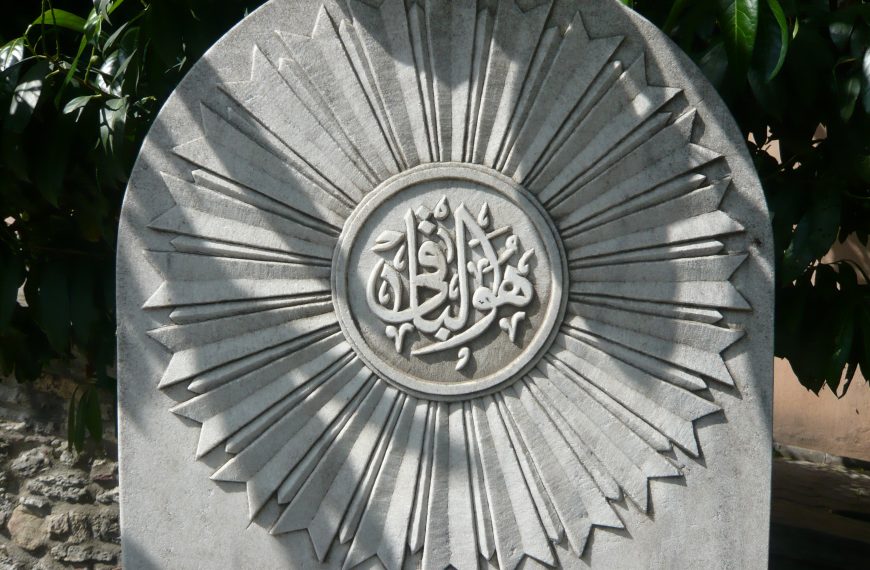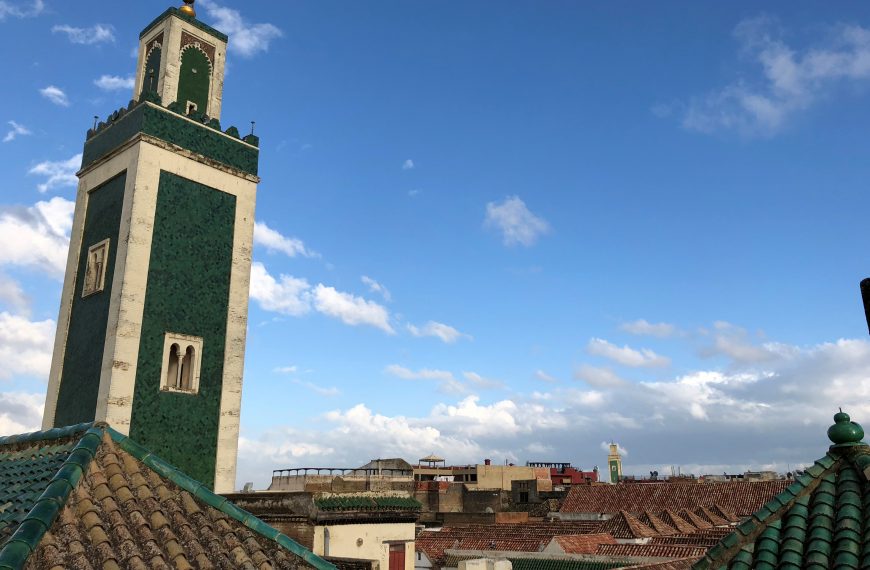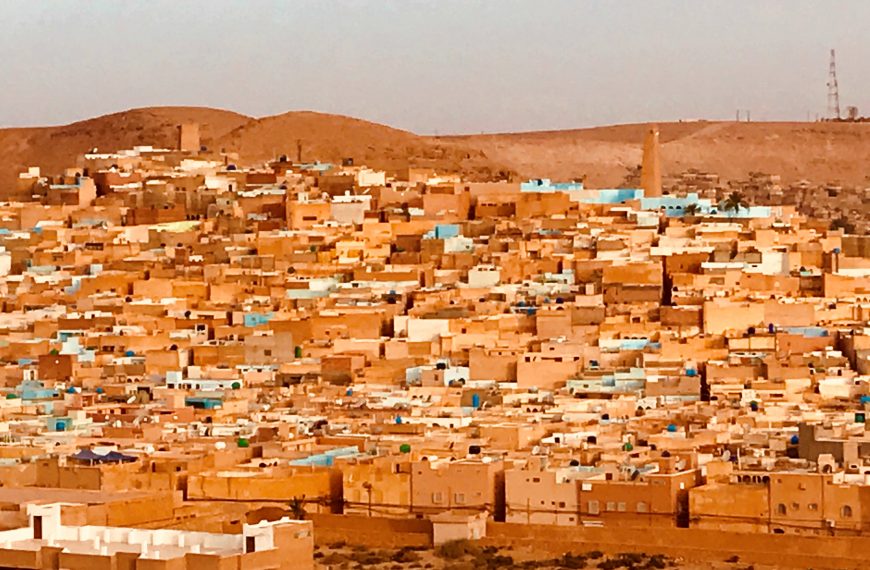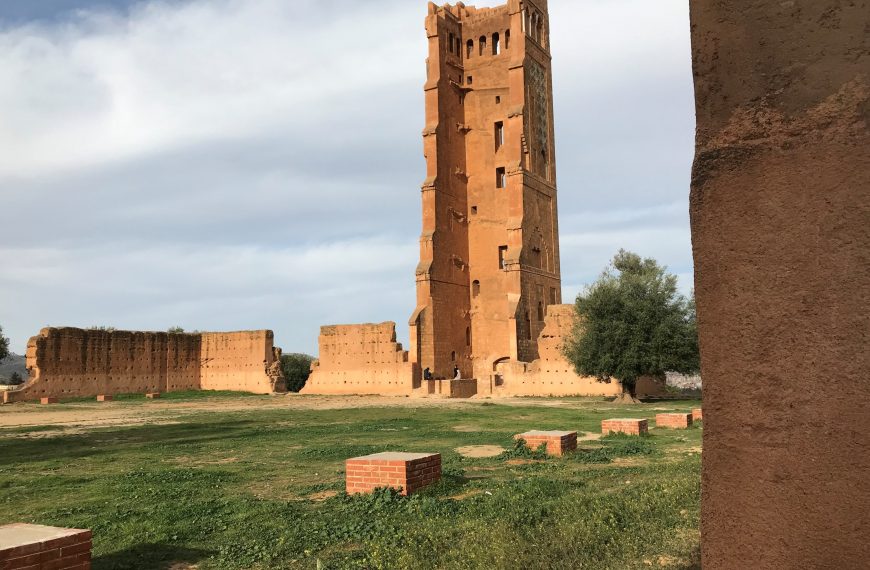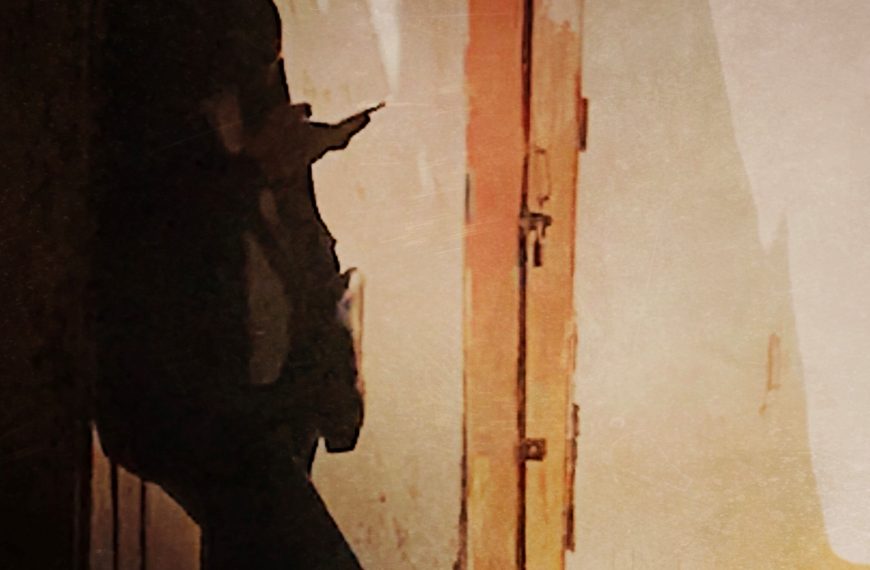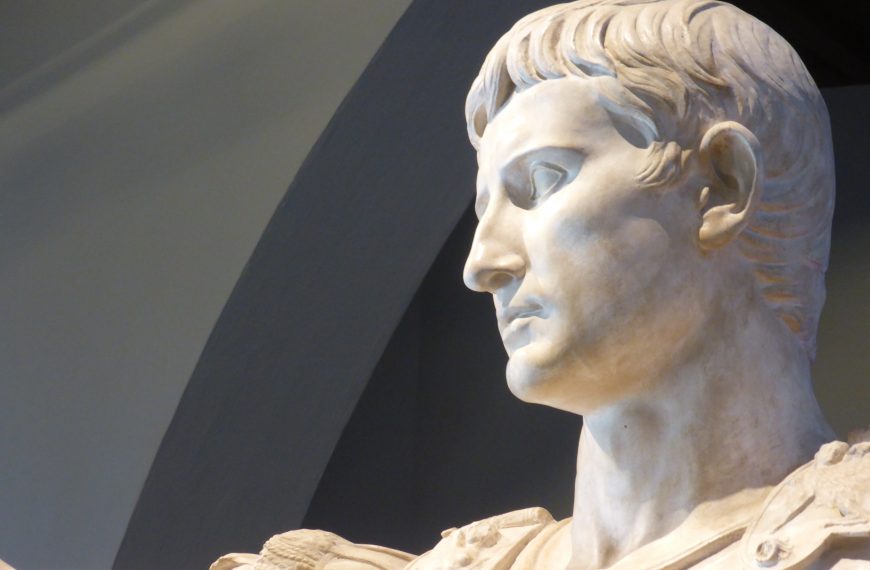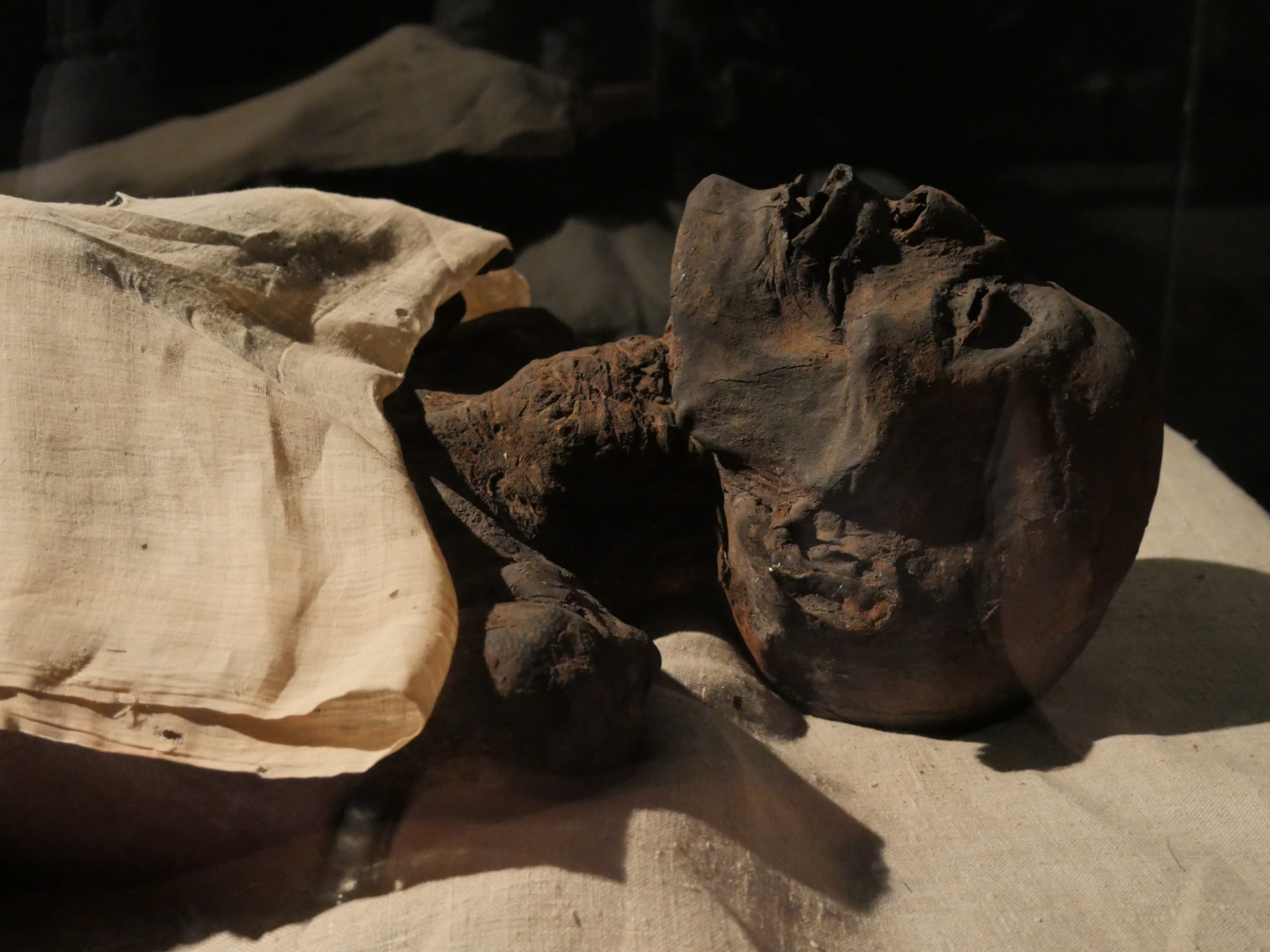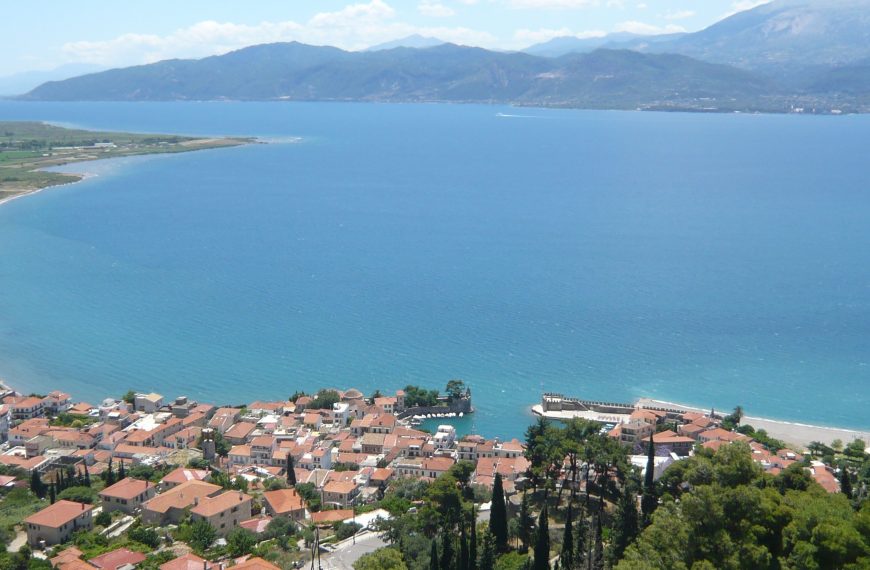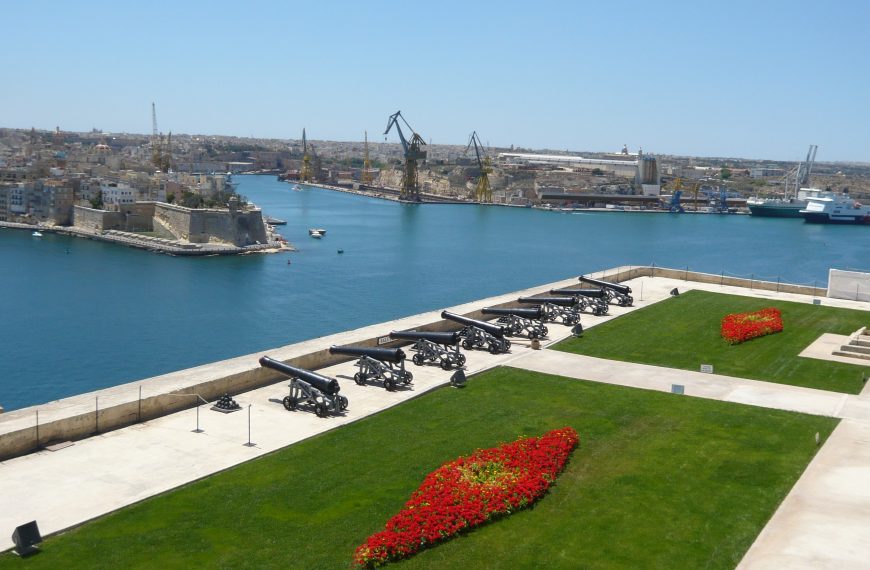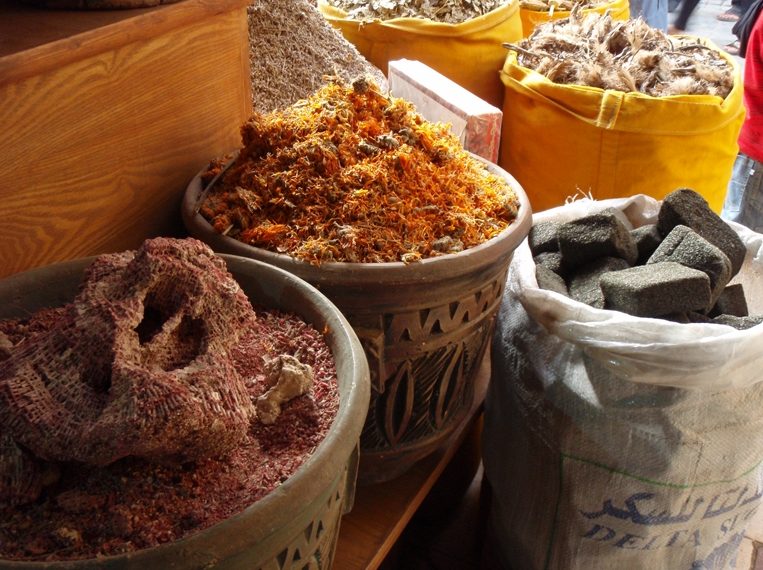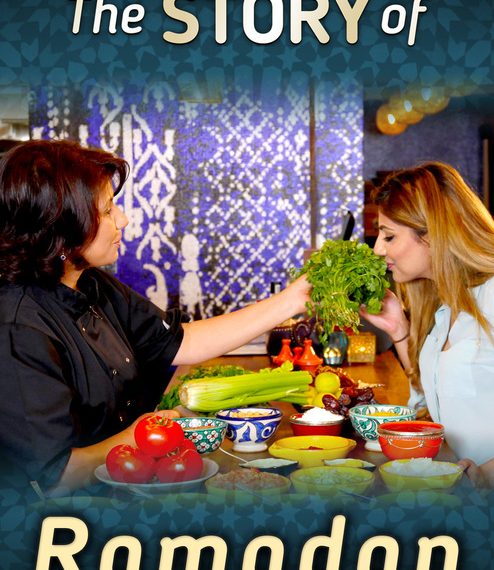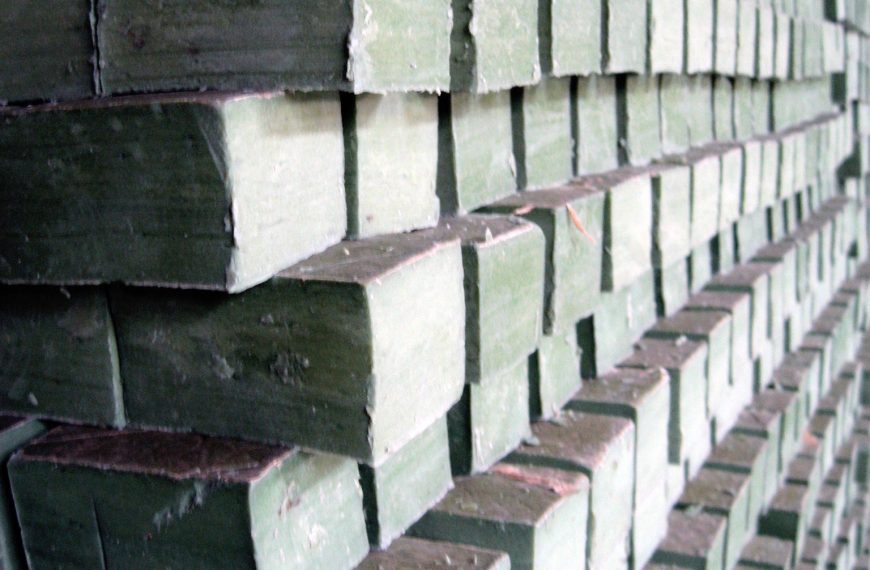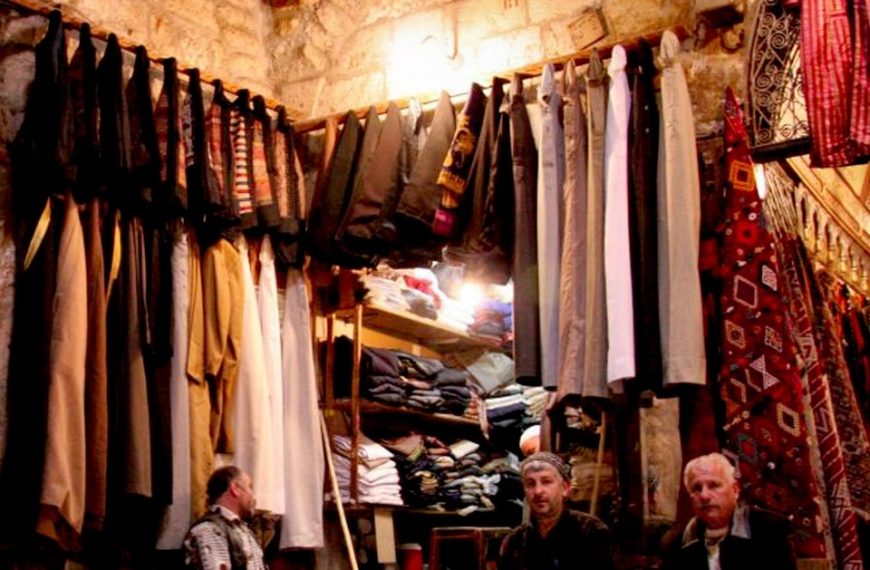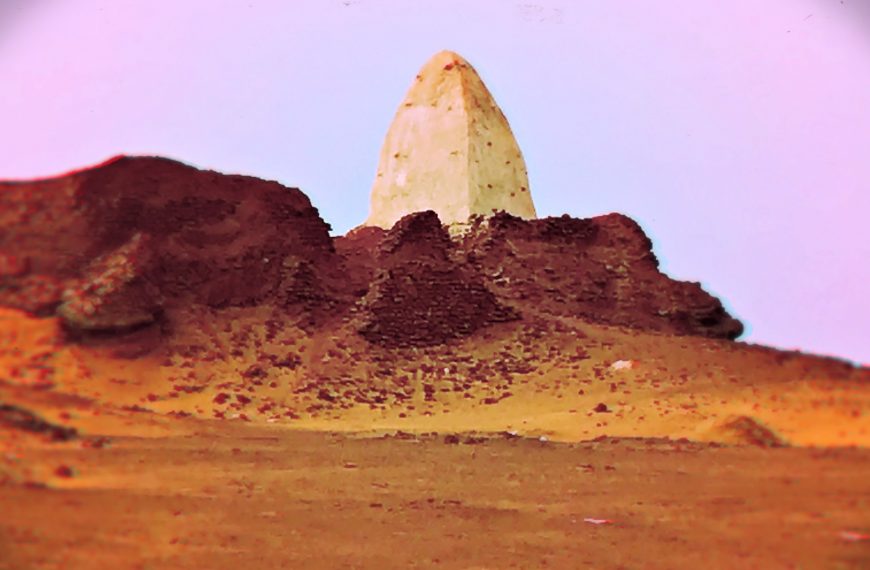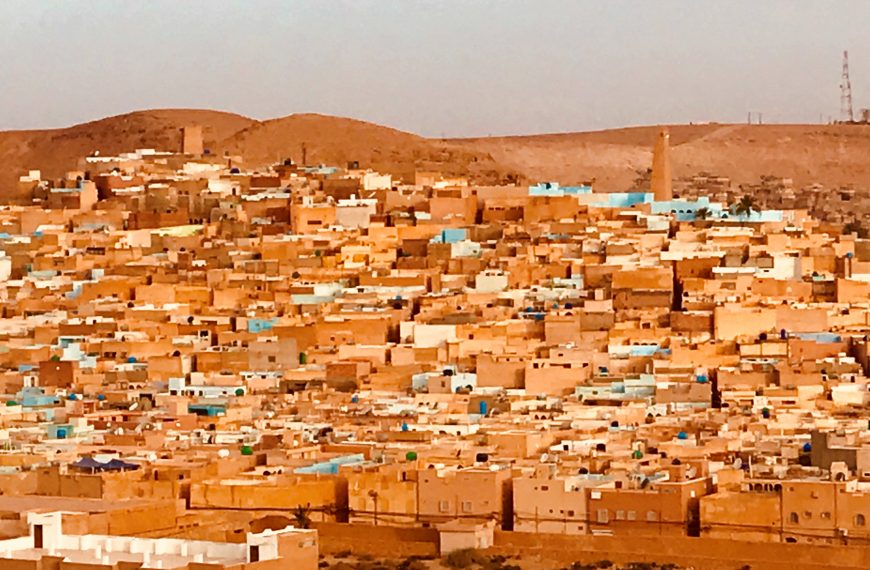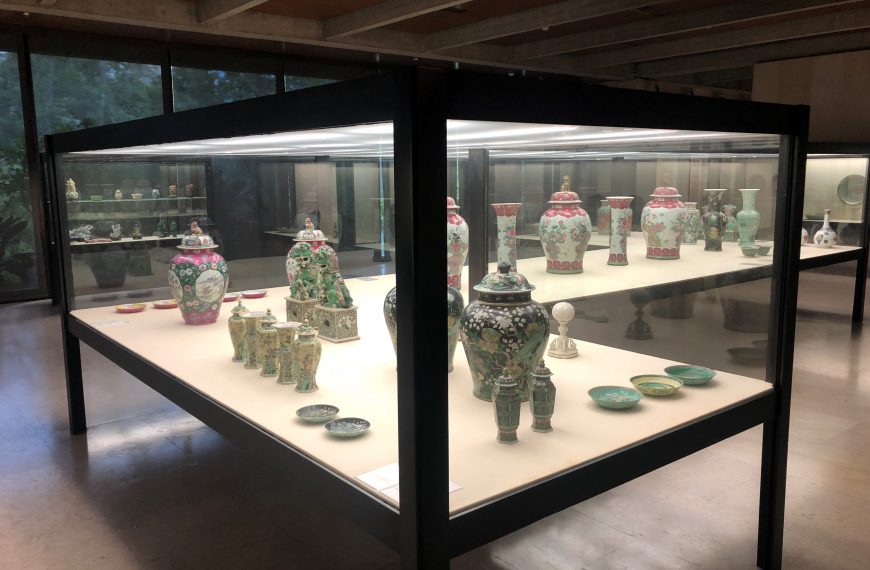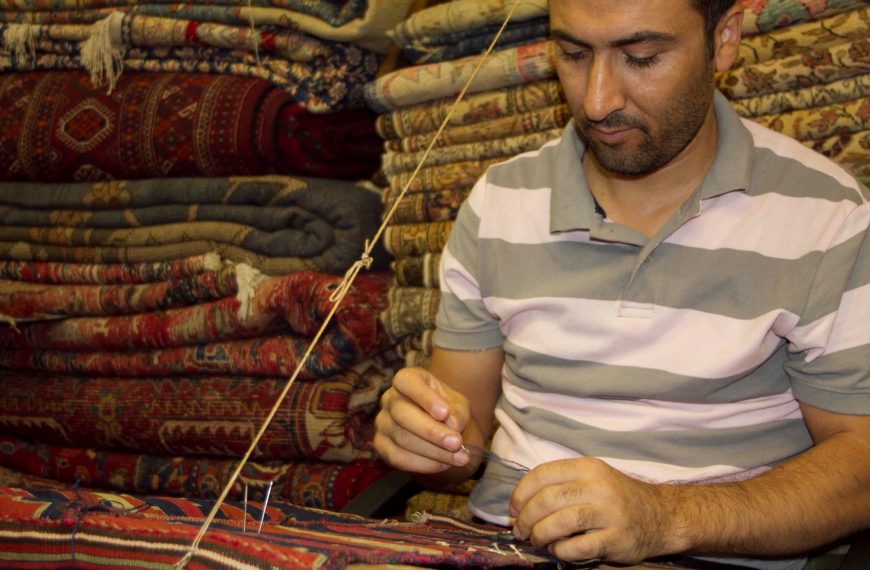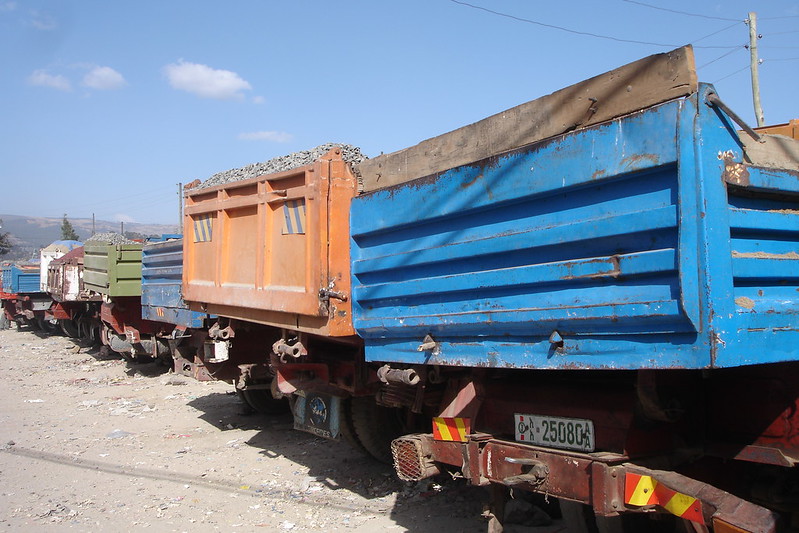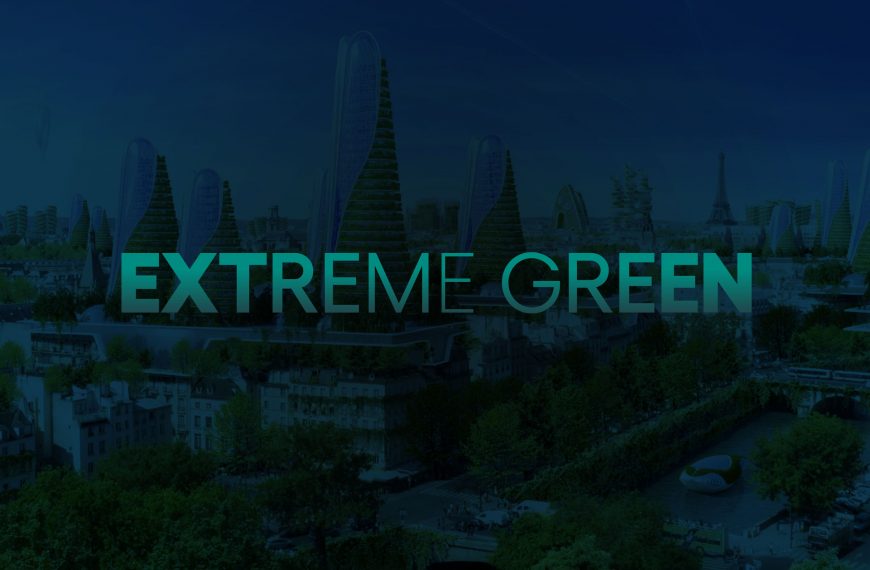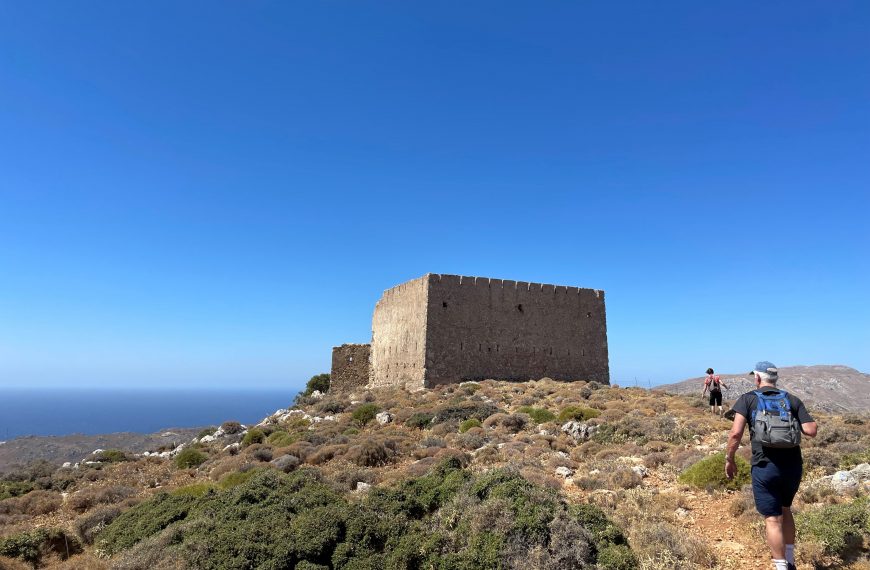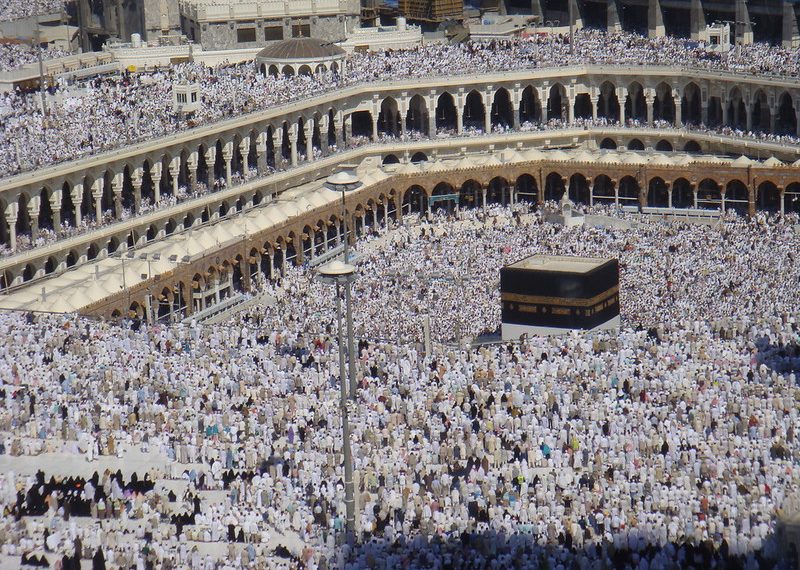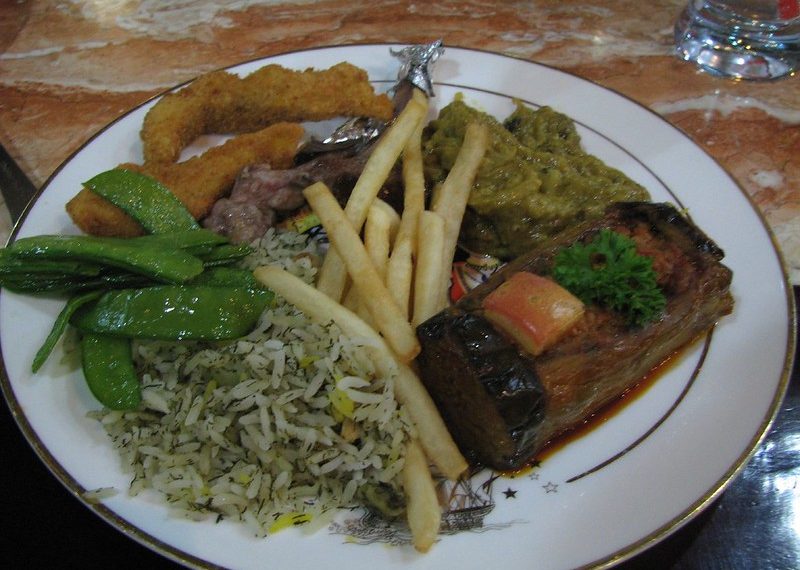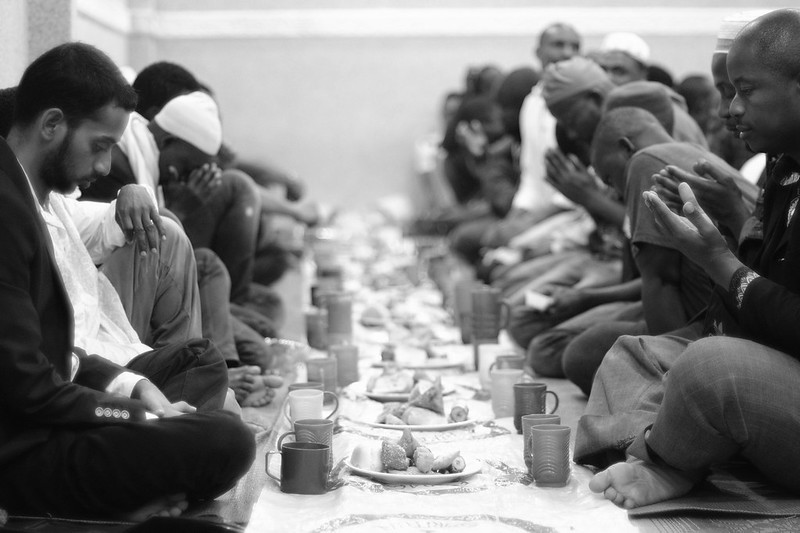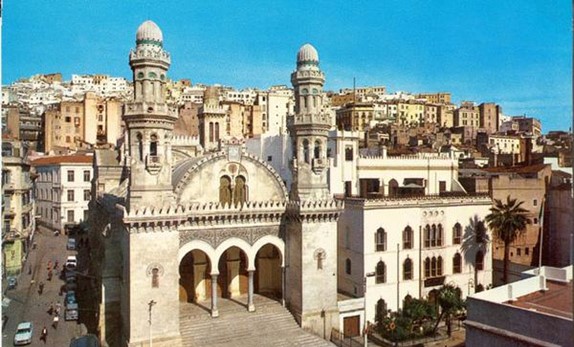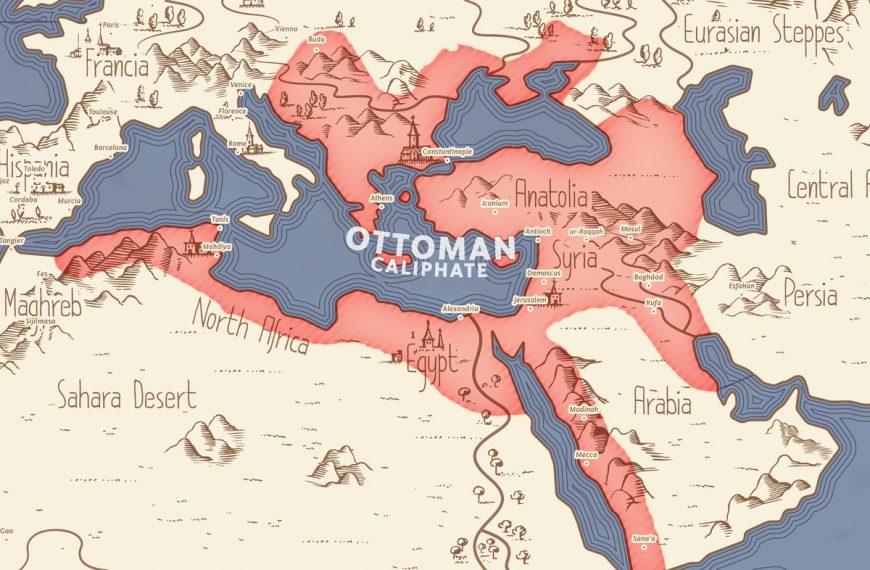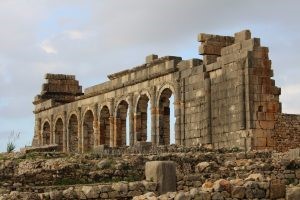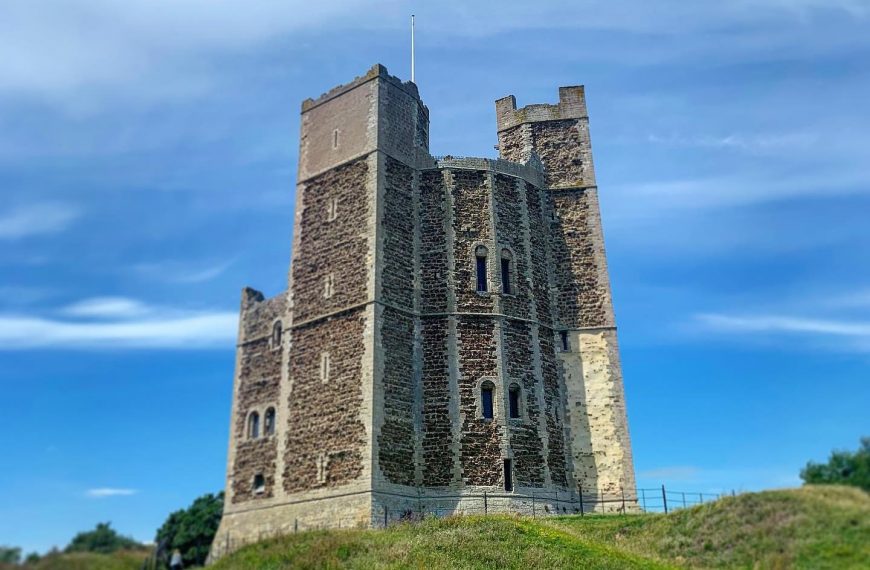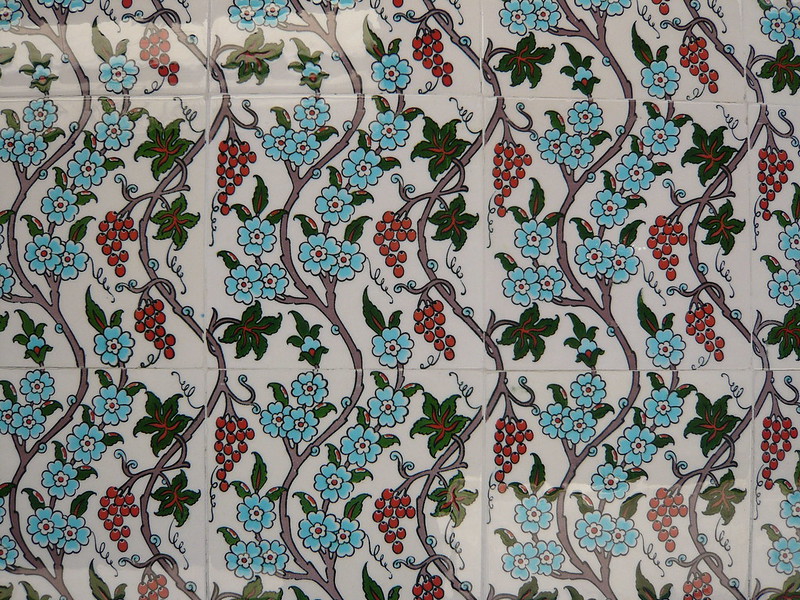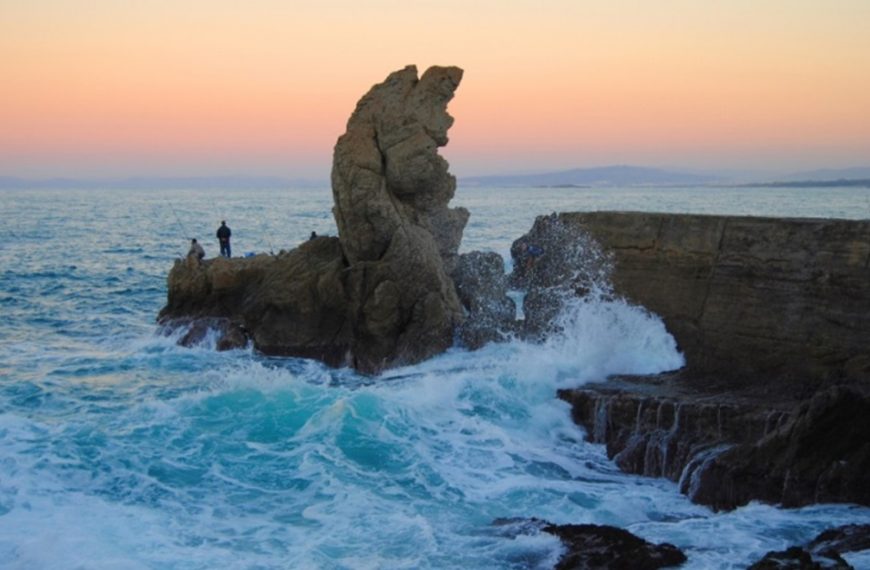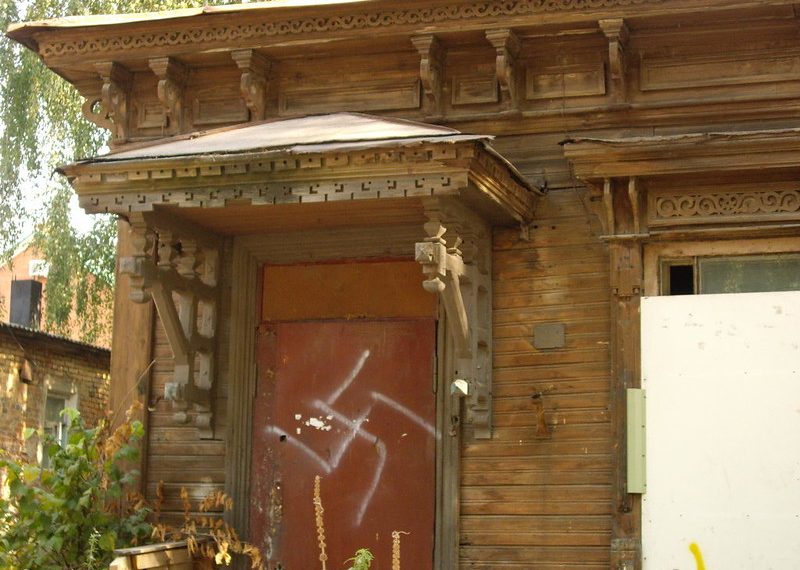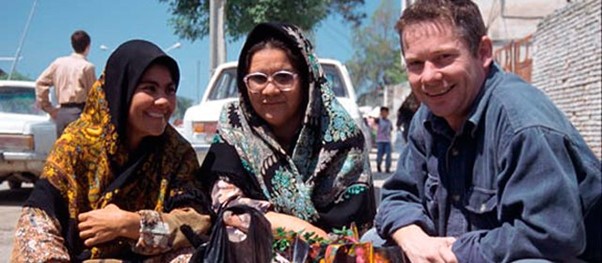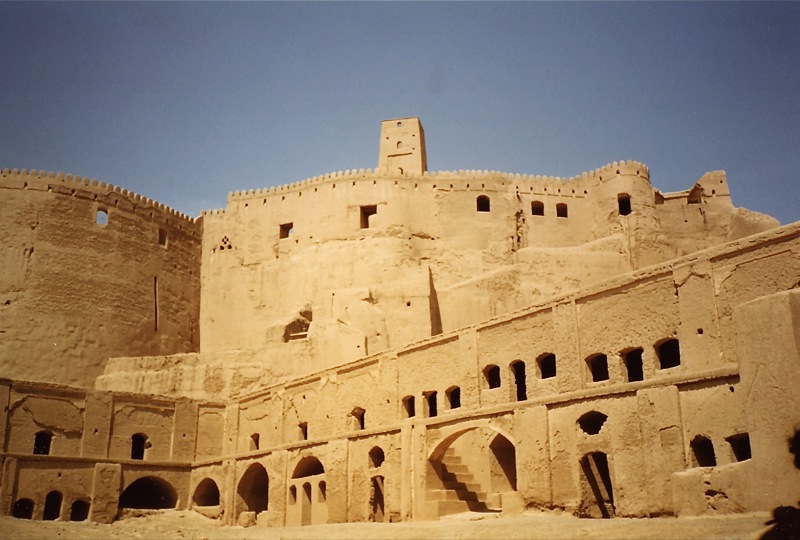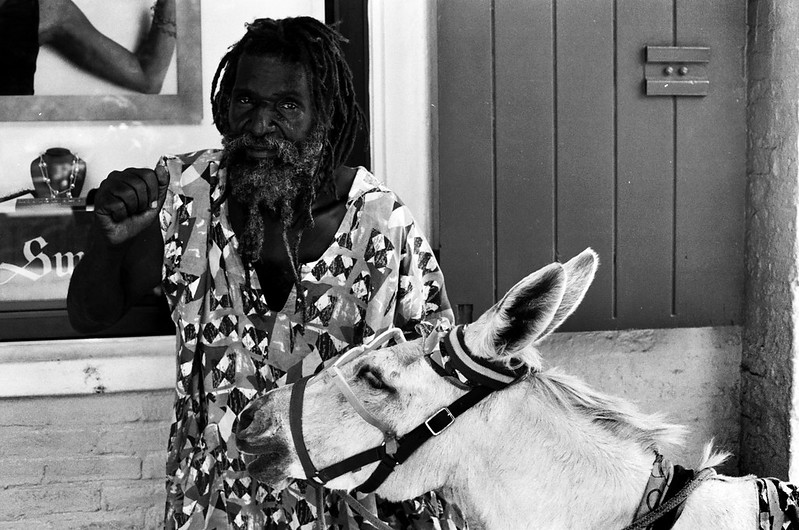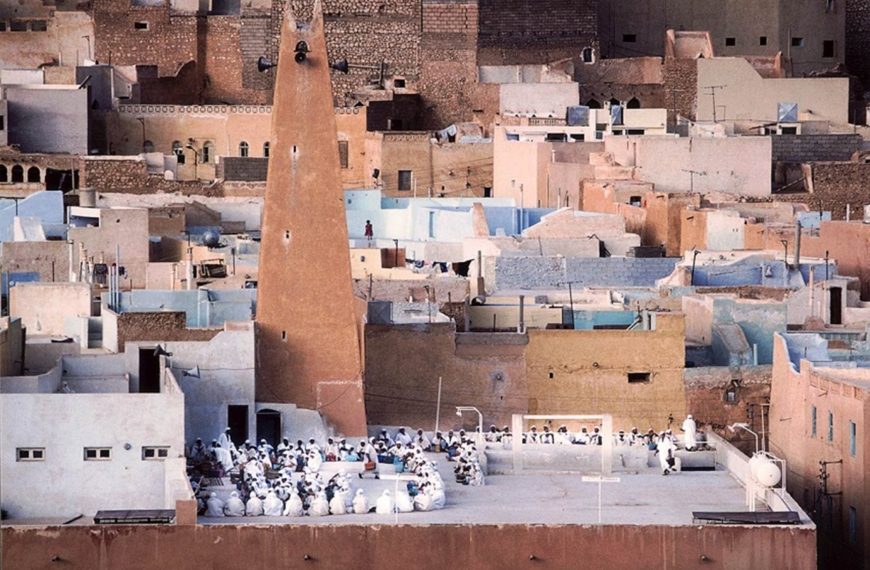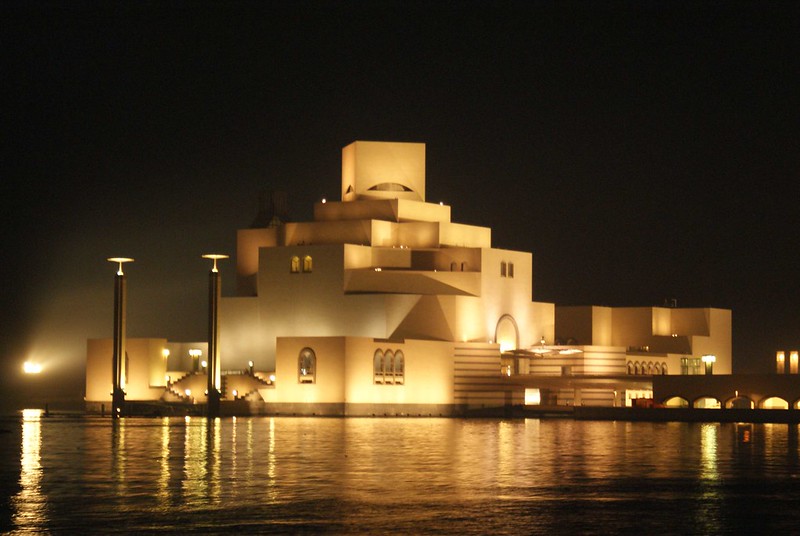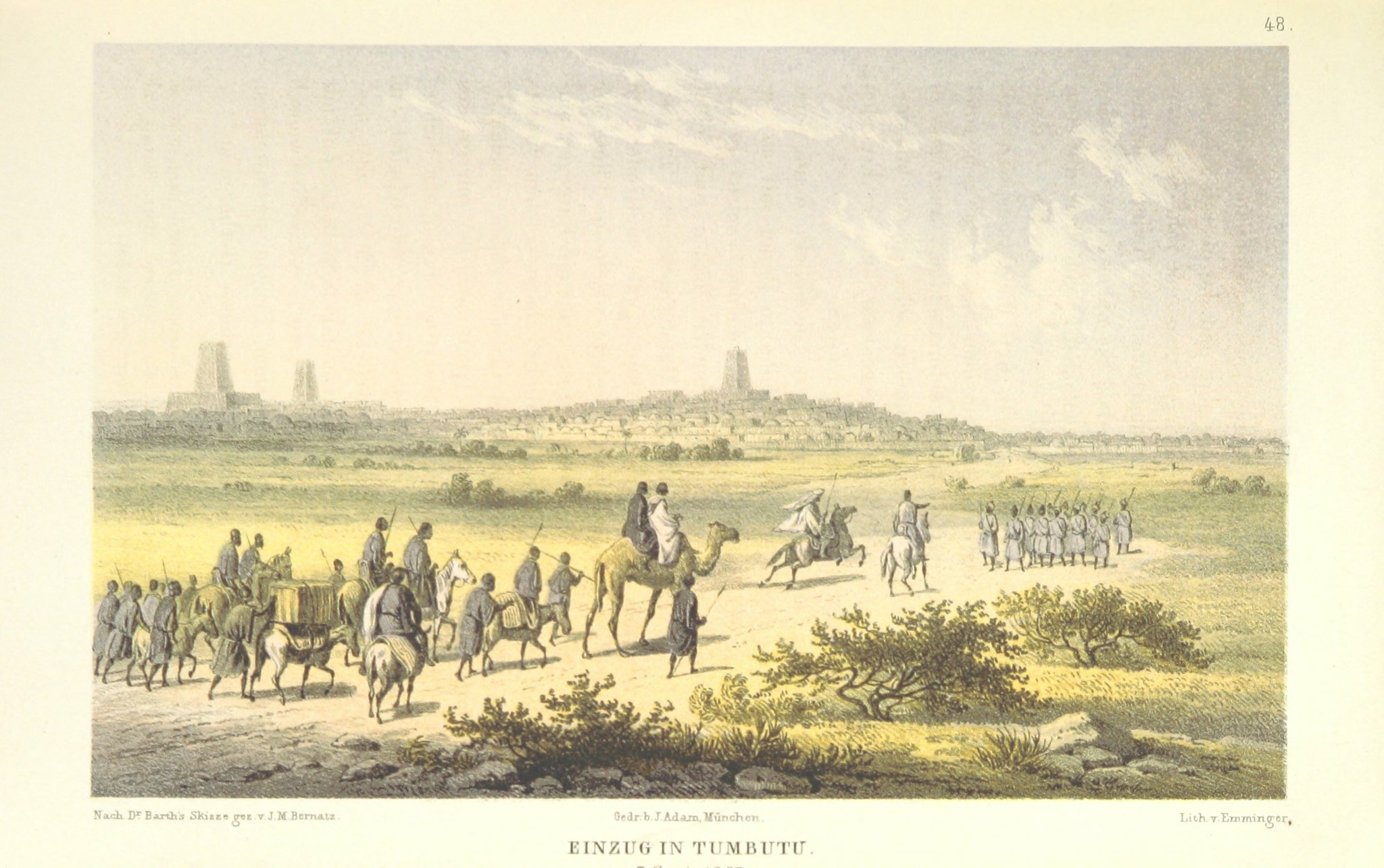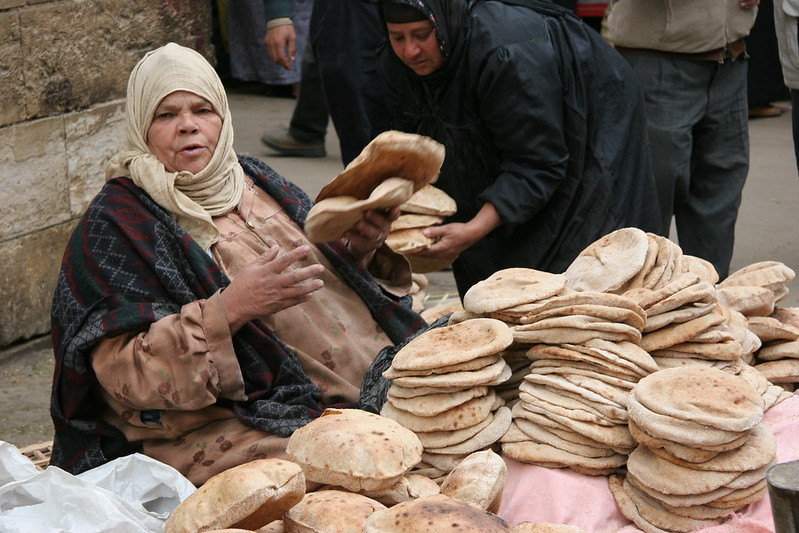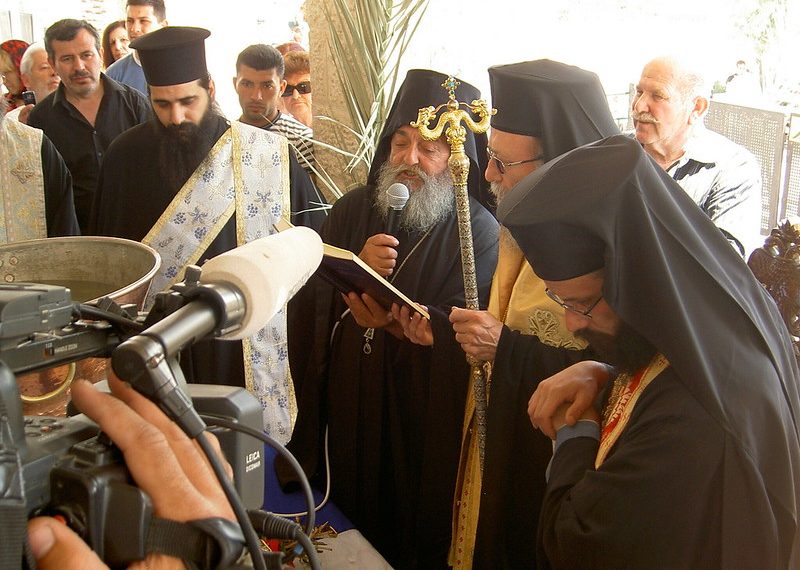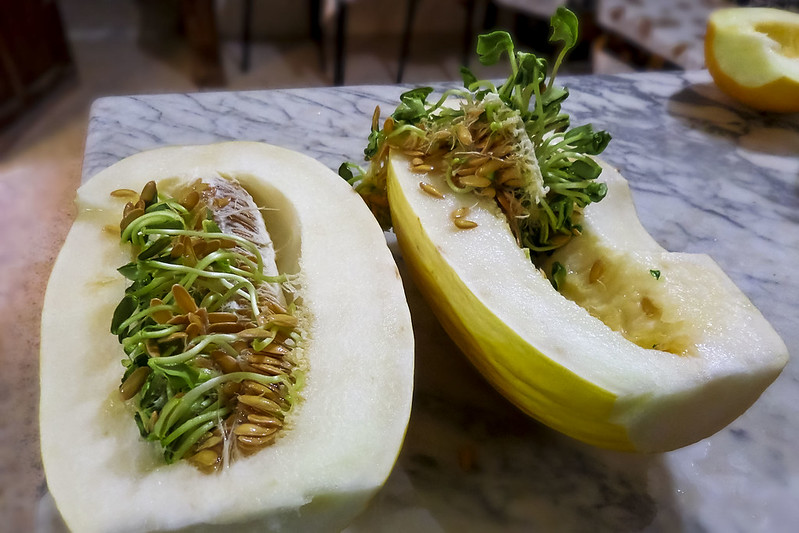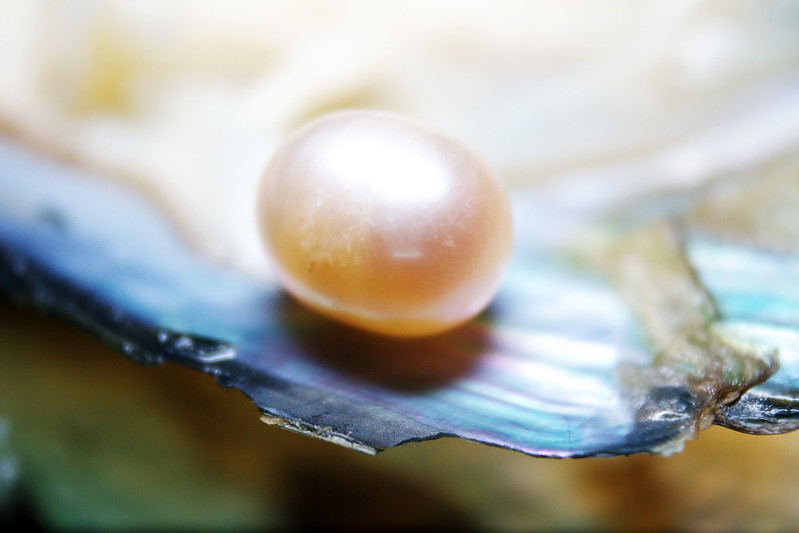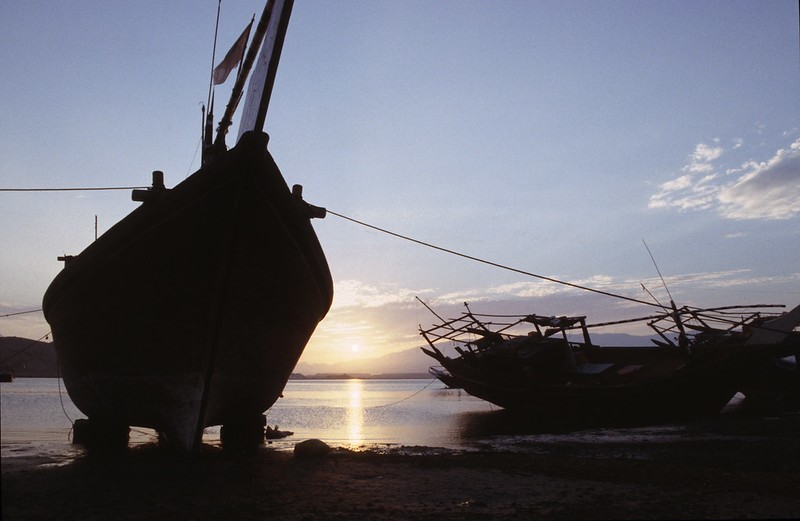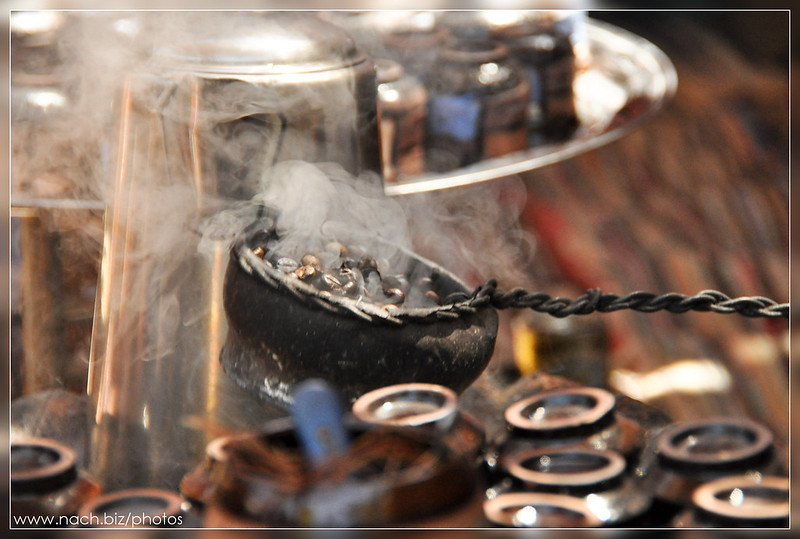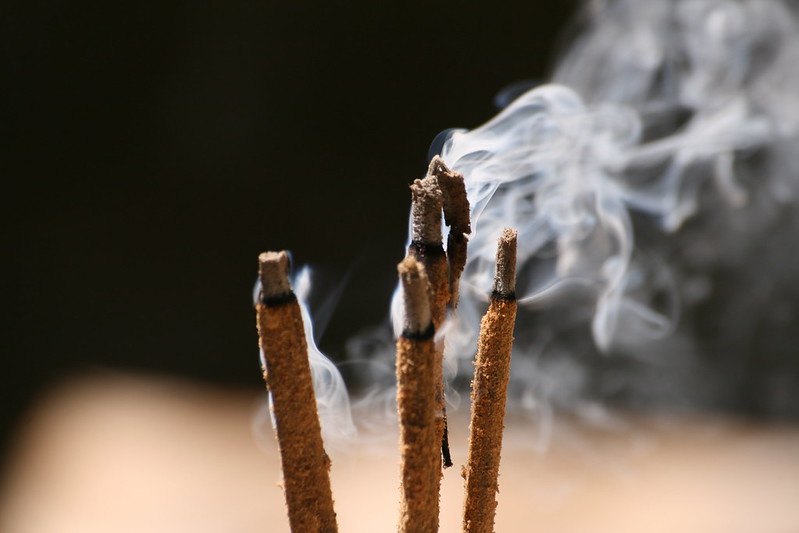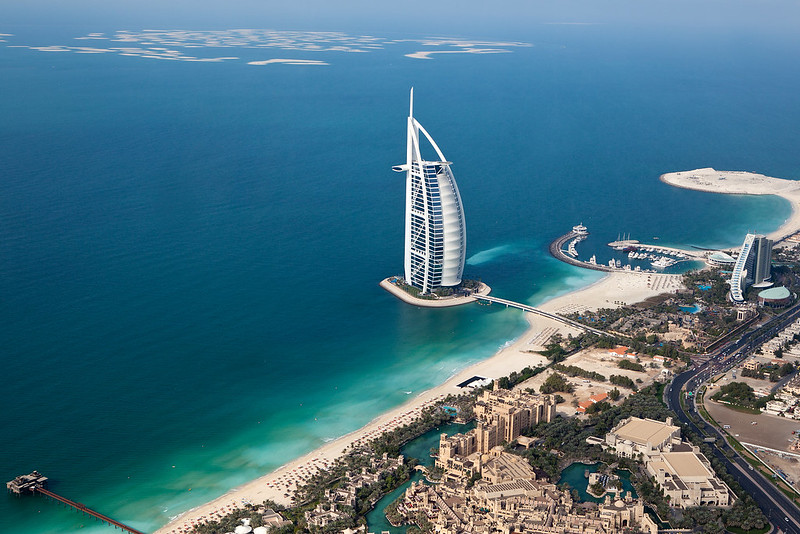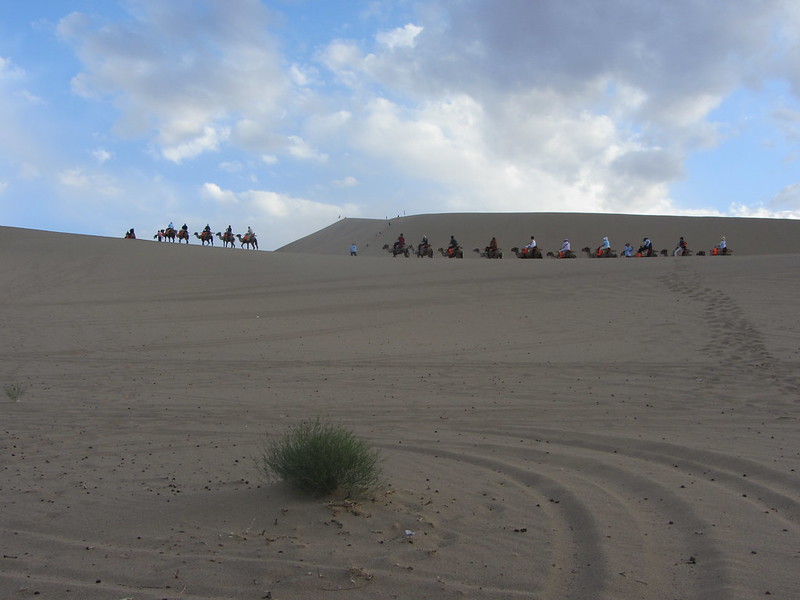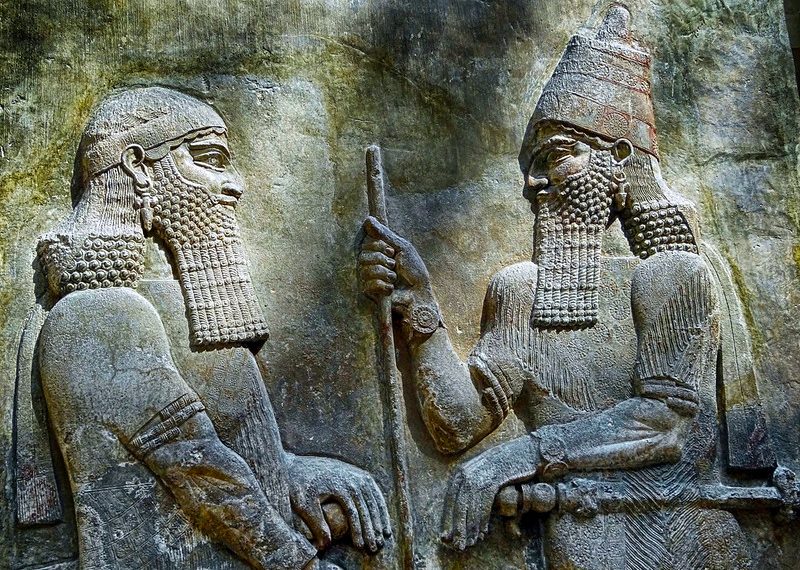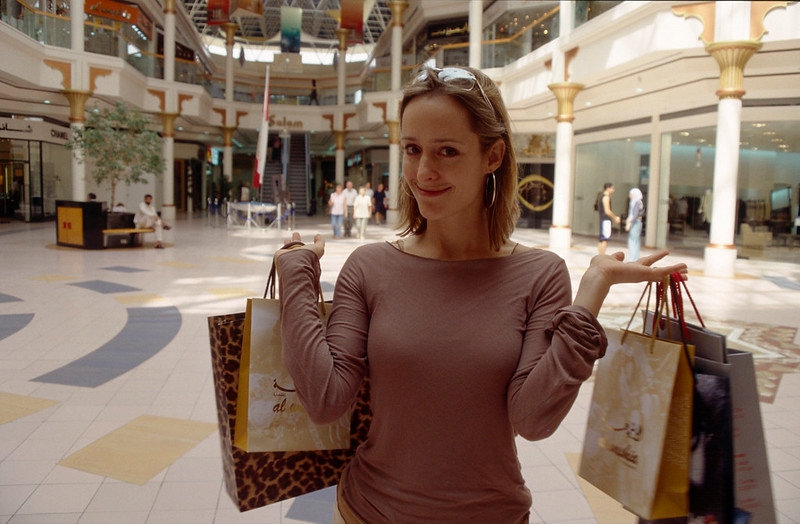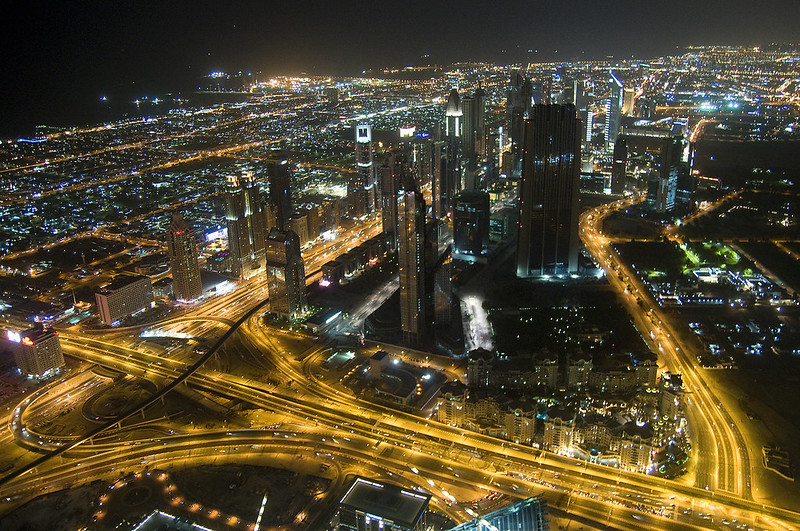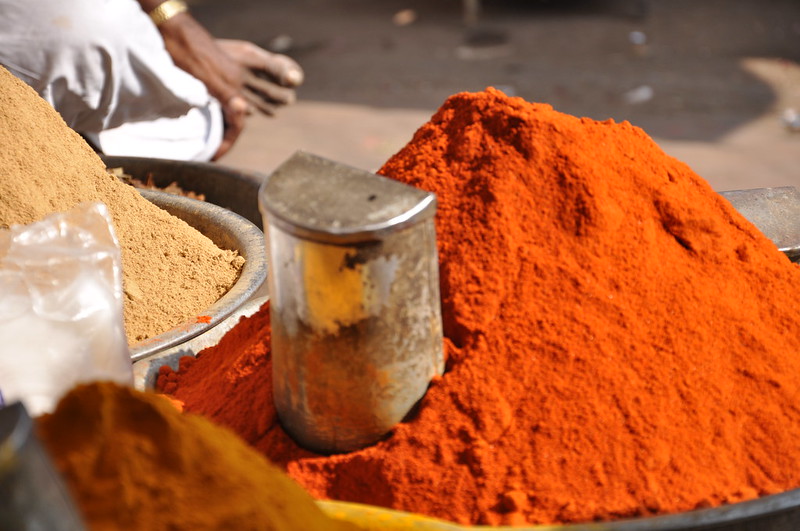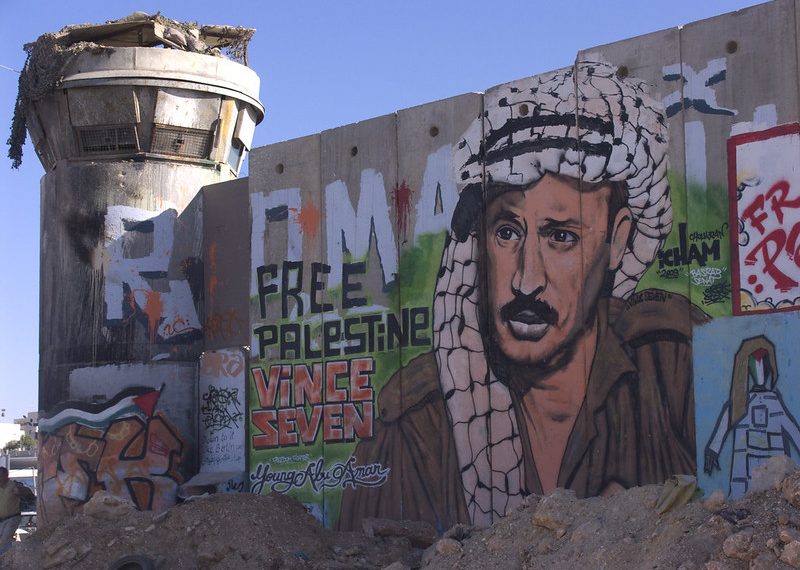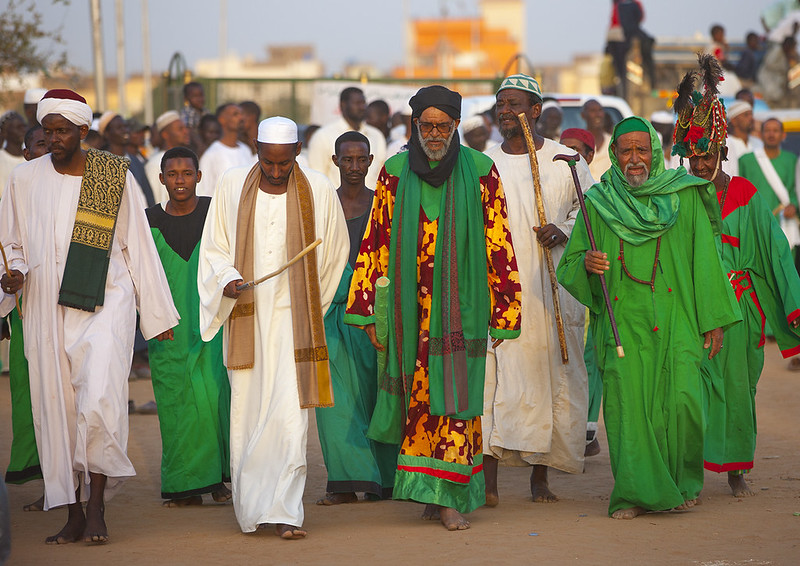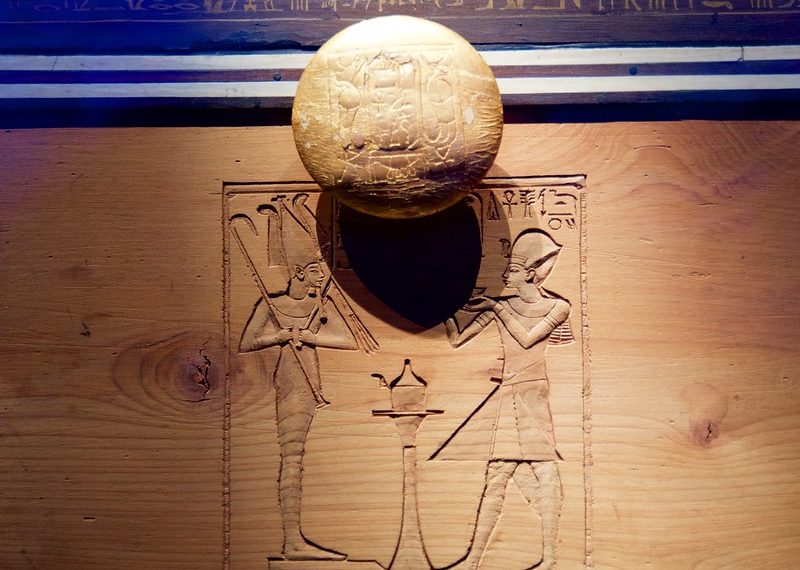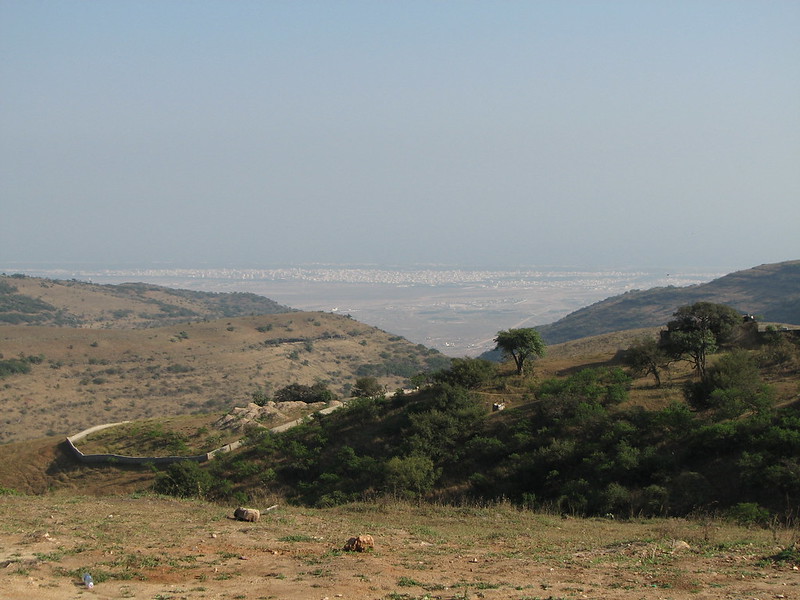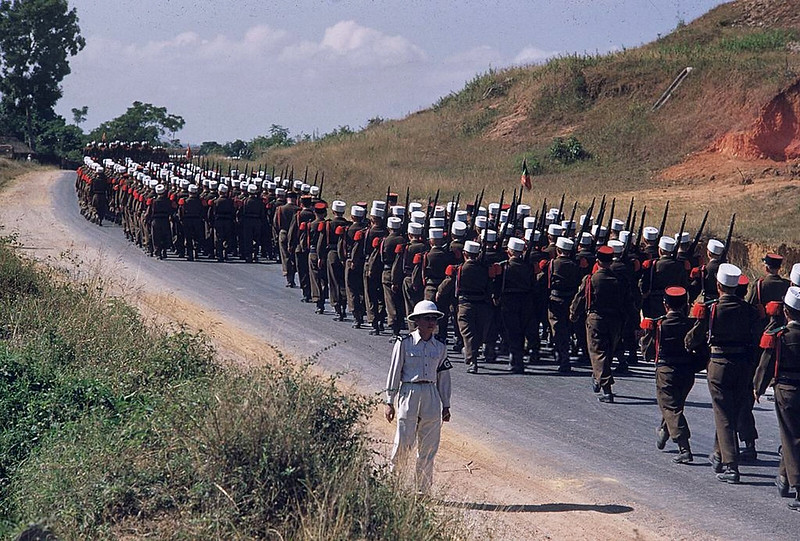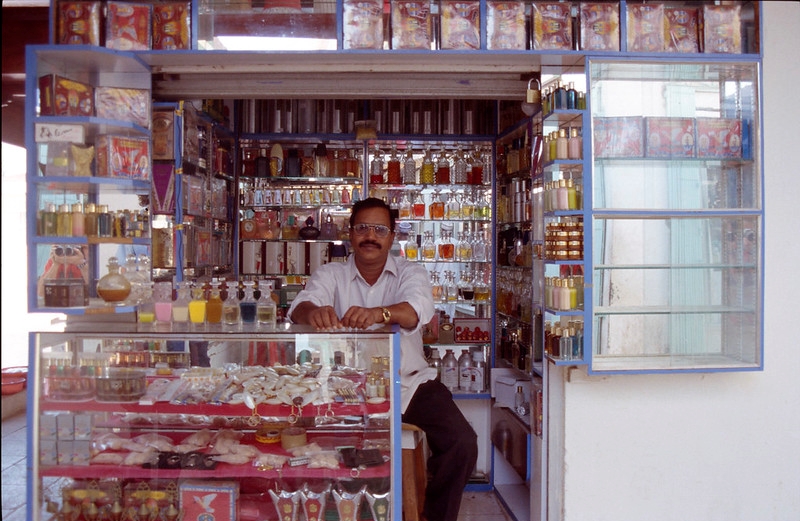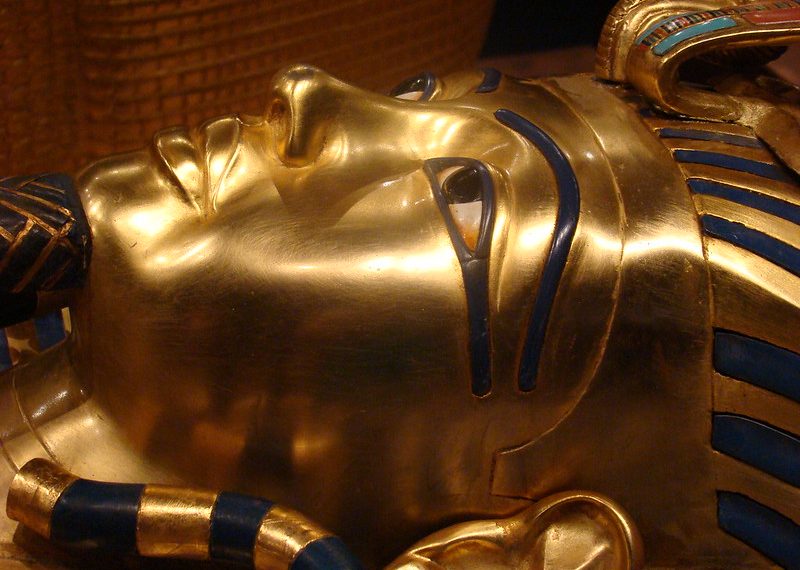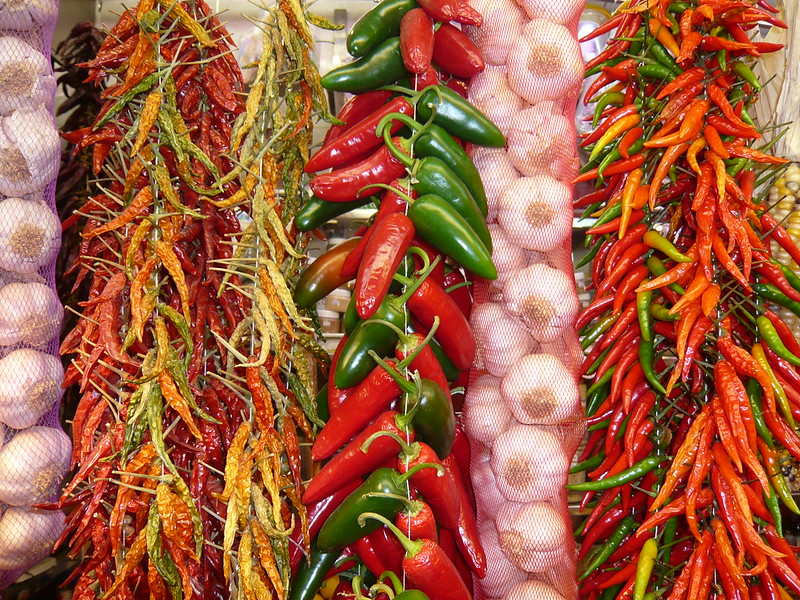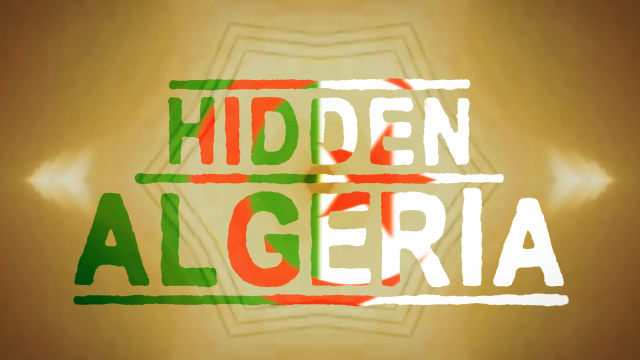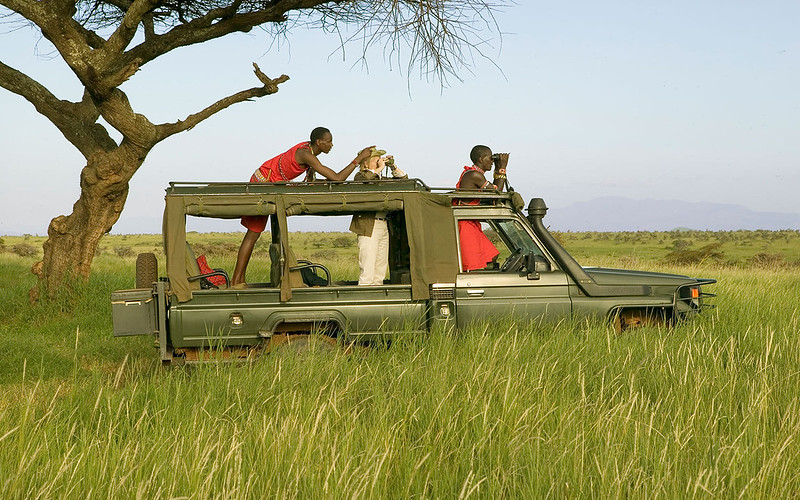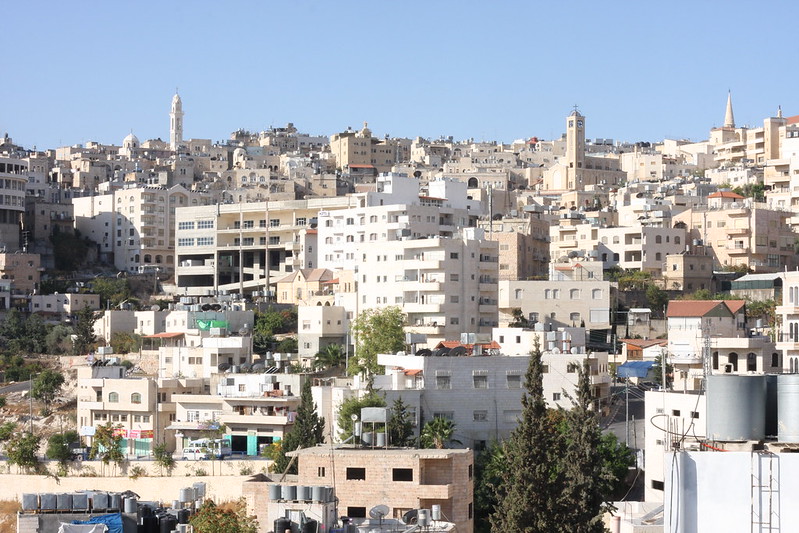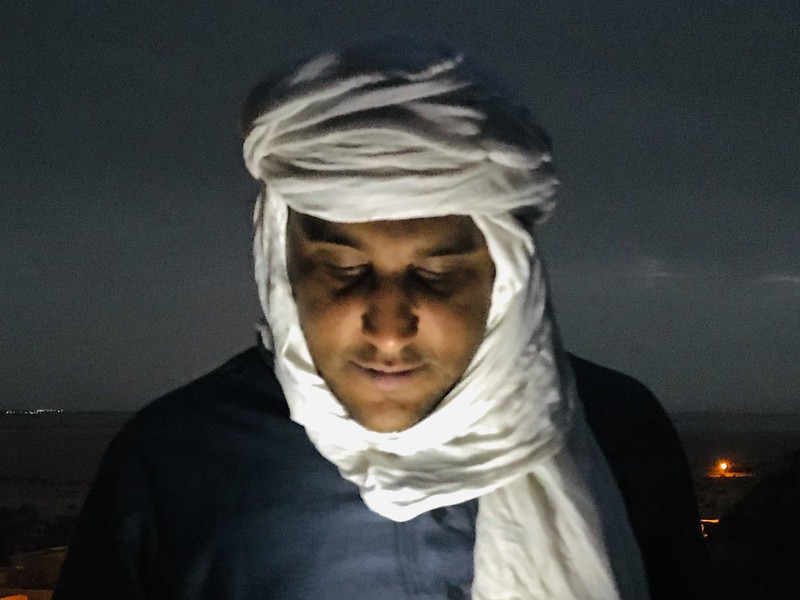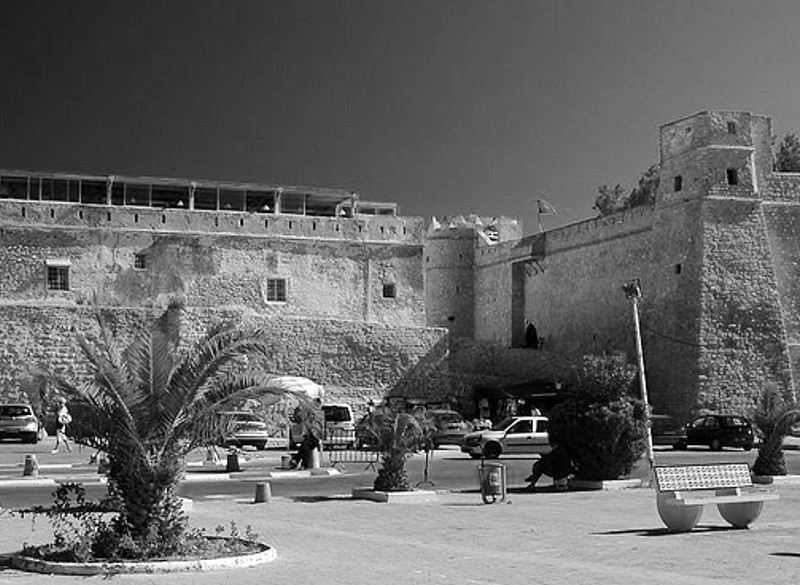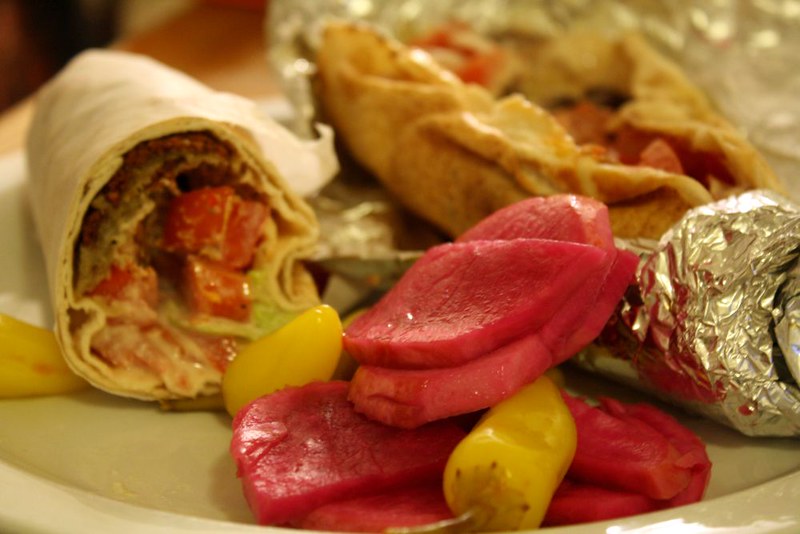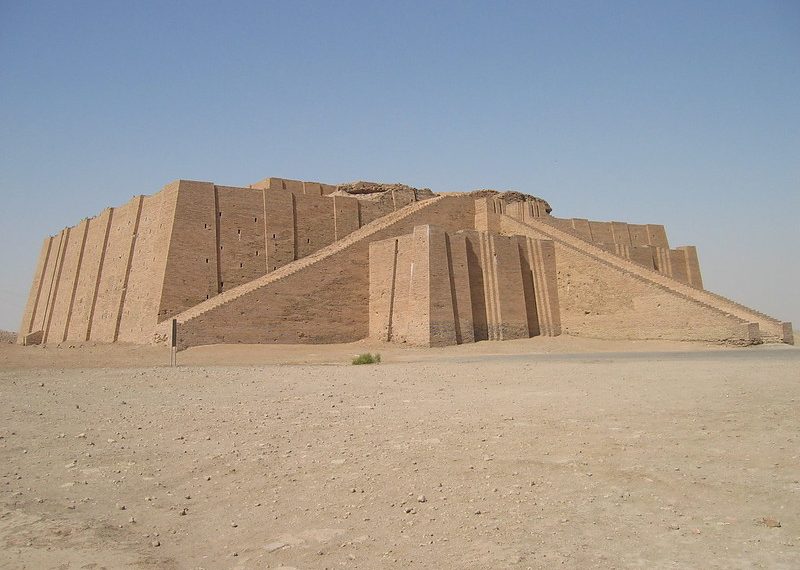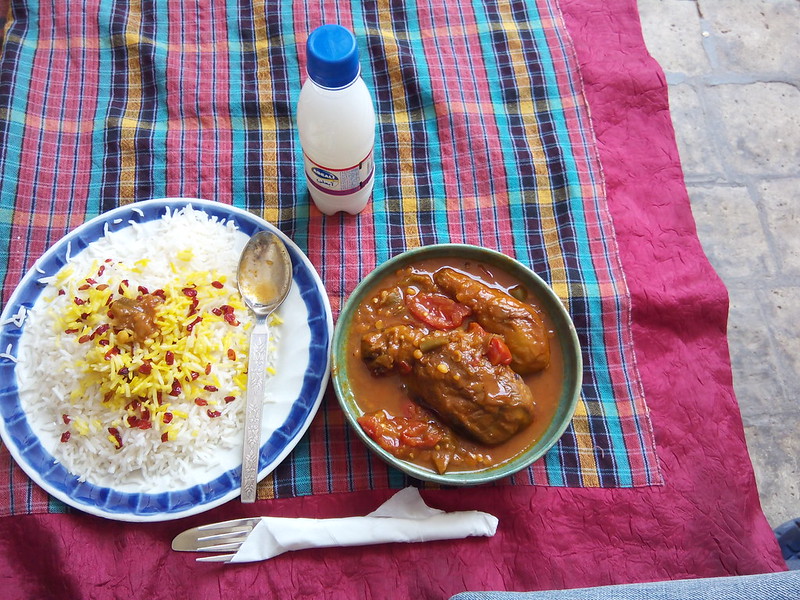
Algeria
Algeria (Arabic: Al Jaza’ir), officially the People’s Democratic Republic of Algeria, is the second largest country on the African continent and the 11th largest country in the world in. It is bordered by Tunisia to the northeast, Libya to the east, Niger to the southeast, Mali and Mauritania to the southwest, the Western Sahara to the west, Morocco in the northwest, and the Mediterranean Sea in the north.
Scarred by years of civil war, Algeria is gradually emerging from its turbulent recent past as a unique destination for adventure travellers. With its picture postcard fishing ports, verdant olive groves, lush oases, the majestic Hoggar Mountains, and the vast Sahara Desert covering some 80% of its territory, this is the biggest country in North Africa. Home to a rich mosaic of European, Arab and Berber cultures, it’s awash with ancient citadels and buzzing metropolis, steeped in history that spans Phoenicians, Romans, Umayyid Arab dynasties, Ottoman Sultans, Barbary Pirates, Spanish Conquistadors, and French “pied-noir” colonialists.
Read More
Northern, coastal Algeria enjoys a mild, Mediterranean climate. Temperatures in summer average between 21 and 42 °C and in winter drop to 10 to 12 °C. Southern Algeria shares a part of the Sahara desert and therefore has a very arid climate. In the Sahara, temperatures can range from -10° to 34° C, sometimes with extreme highs of 49° C! Being a conservative Islamic country, women are expected to dress modestly. Modest dress and covered arms and legs are recommended for women, who are advised against travelling alone. If you are visiting as a tourist, you wouldn’t be expected to wear a headscarf unless you are visiting a place of worship. The Algerian Dinar Exchanges rates vary all the time, so check with your local currency exchange bureau. Cash is often the only option in Algeria as credit cards and travellers cheques are rarely accepted. US dollars, Sterling and Euros are acceptable cash currencies to exchange. At the end of your trip, you MUST exchange whatever cash you have left to another currency as it is an offence to take Algerian Dinar out of the country. Always check travel advice provided by your government before travelling. If you are an international visitor you will need to get a visa from the your local Algerian Consulate before you travel. You can’t get a visa on arrival. You should check the details of your visa, including validity dates, before travelling. Should you overstay the duration of your visa or the time you are permitted to stay in country as granted upon arrival, you are likely to be detained by the immigration police at the airport whilst attempting to exit Algeria. This may result in a criminal prosecution and up to 3 months in jail. If you need to stay in Algeria for a longer period than your visa or entry stamp allows, you may be able to extend your visa at the Wilaya (Town Hall) nearest to you. The land border between Algeria and Morocco is closed. Don’t attempt to cross it. Both Algerian Arabic and Berber are the national languages of Algeria, though the media and government often use French due to the country’s colonial past. A few people may speak English in the main cities. Algeria has a population of 42.23 million people, ninety-one percent of whom live along the Mediterranean coast! The majority of Algerians identifies with an Arabic-based identity. The ethnic Berbers are divided into many groups with varying languages. The largest of these are the Kabyles, who live in the Kabylie region east of Algiers, the Chaoui of North-East Algeria, the Tuaregs in the southern desert and the Shenwa people of North Algeria. During the colonial period, 10% of the population were of European origin – mostly French – though the majority of these pied-noirs left Algeria during and after the Algerian was of Independence (1954-1962). Like the Europeans, all but a handful of Algerian Jews also fled the country during this period, heading to both France and Israel. Like many other North African and Middle Eastern nations, The cuisine of Algeria is influenced by Algeria’s interactions and exchanges with other cultures and nations over the centuries. It is characterized by a wealth derived from both land and sea products. Algerian cuisine offers a variety of dishes depending on the region and the season, but vegetables and cereals largely remain at its core. Most Algerian dishes combine bread, meats (lamb, beef or poultry), olive oil, vegetables and fresh herbs. Vegetables are often used for salads, soups, tajines, couscous and sauce-based dishes. Of all the Algerian traditional dishes available, the most famous one is couscous, recognized as a national dish. You will find Mediterranean fish dishes along the coast of Algeria. As Algeria is an Islamic country, you will not find pork products on any menu, as consumption of pig products is forbidden.Climate
Dress
Cash
Visas
Algerian border
Language
People
Food

